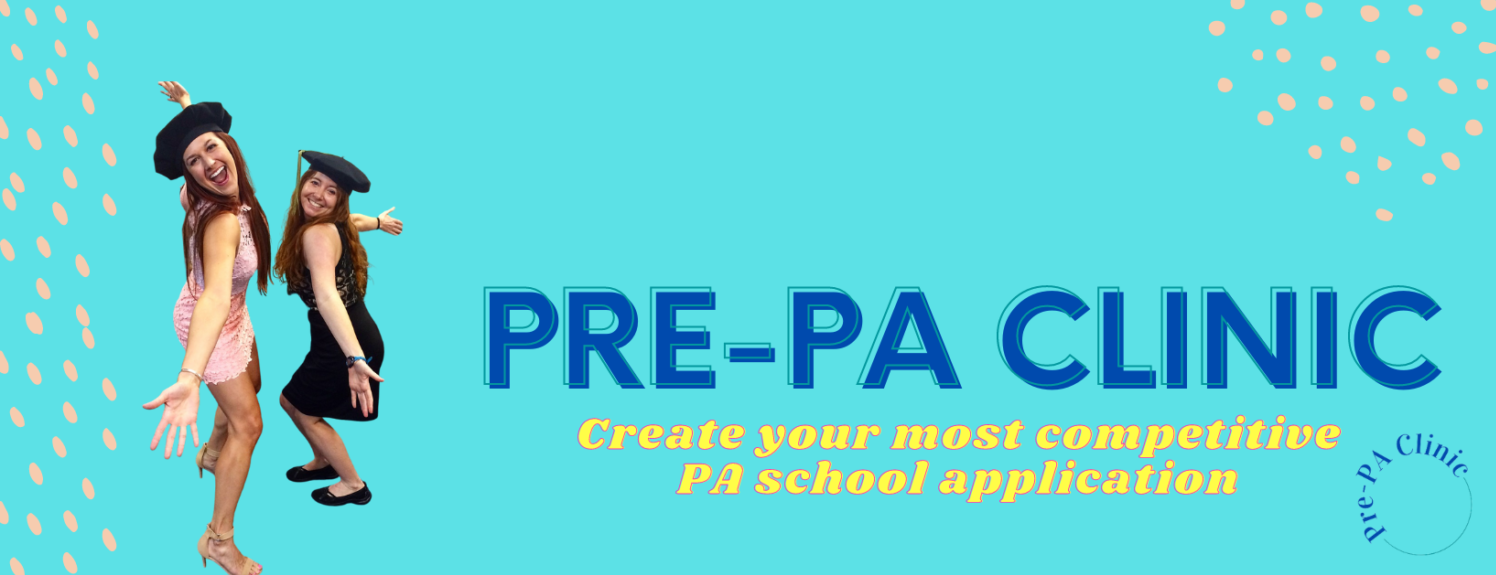
Shadowing a physician assistant (PA) is a valuable experience for anyone interested in pursuing a career as a PA. Not only does it provide an opportunity to observe and learn from experienced professionals, but it also helps prospective students gain insight into the day-to-day responsibilities and challenges of the PA profession. Let’s discuss what to expect when shadowing a PA and how to maximize your experience!
What to Expect
Shadowing a PA involves observing their work in a clinical setting, such as a hospital or clinic. During the experience, you’ll have the opportunity to observe the PA’s interactions with patients, as well as their interactions with other healthcare professionals, such as their supervising physician, nurses, and other members of the healthcare team.
You may also have the opportunity to ask the PA you are shadowing any questions you may have about their education and training, their career path, and their scope of practice within their specific specialty. This is a great opportunity to gain valuable insight about their perspective working as a PA, and to learn about the different specialties and practice settings available to PAs.
How to Maximize the Experience
To get the most out of your PA shadowing experience, here are some tips to keep in mind:
- Prepare in advance: Before your shadowing experience, take some time to research the specialty and setting you’ll be exposed to. This will help you understand the context of their work and will allow you to ask informed, educated questions.
- Be professional: Treat the shadowing experience as a professional opportunity. Dress appropriately, arrive on time, and be respectful of the PA’s time and schedule. Don’t interrupt their time with patients…remember, they are opening their clinic and patients to you, so when you are observing them with patients, be a “fly on the wall”. Wait until the appropriate time to ask questions.
- Observe and learn: Pay close attention to the PA’s interactions with patients and other healthcare professionals. Take notes and when appropriate, ask questions to better understand the diagnosis and treatment process.
- Understand the healthcare team: Use the shadowing experience as an opportunity to learn about other healthcare professions. Introduce yourself and ask questions about their work and experiences.
- Follow up: After the shadowing experience, send a thank-you note or email to the PA. This shows that you appreciated the opportunity and are serious about pursuing a career as a PA.
Shadowing a physician assistant is an excellent opportunity to do a deep dive into the career, to see medicine in real time, to network, and to learn from experienced professionals. By preparing in advance, being professional, observing and learning, networking, and following up, you can make the most of your shadowing experience and gain valuable knowledge and skills that will serve you well in your future career as a PA.
If you want even more PA shadowing to add to your CASPA application, we host weekly PA Shadowing Hours in tons of different specialties, which is amazing because not only do you get numerous different perspectives from amazing PAs, but you have an opportunity to learn more about specialties you may never have the chance to shadow in! Learn more here!

